Tears of the Kingdom's villain has a voice – but the best Zelda games make do without it
We're so close to the next Zelda, but is silence golden when it comes to VO in Hyrule?
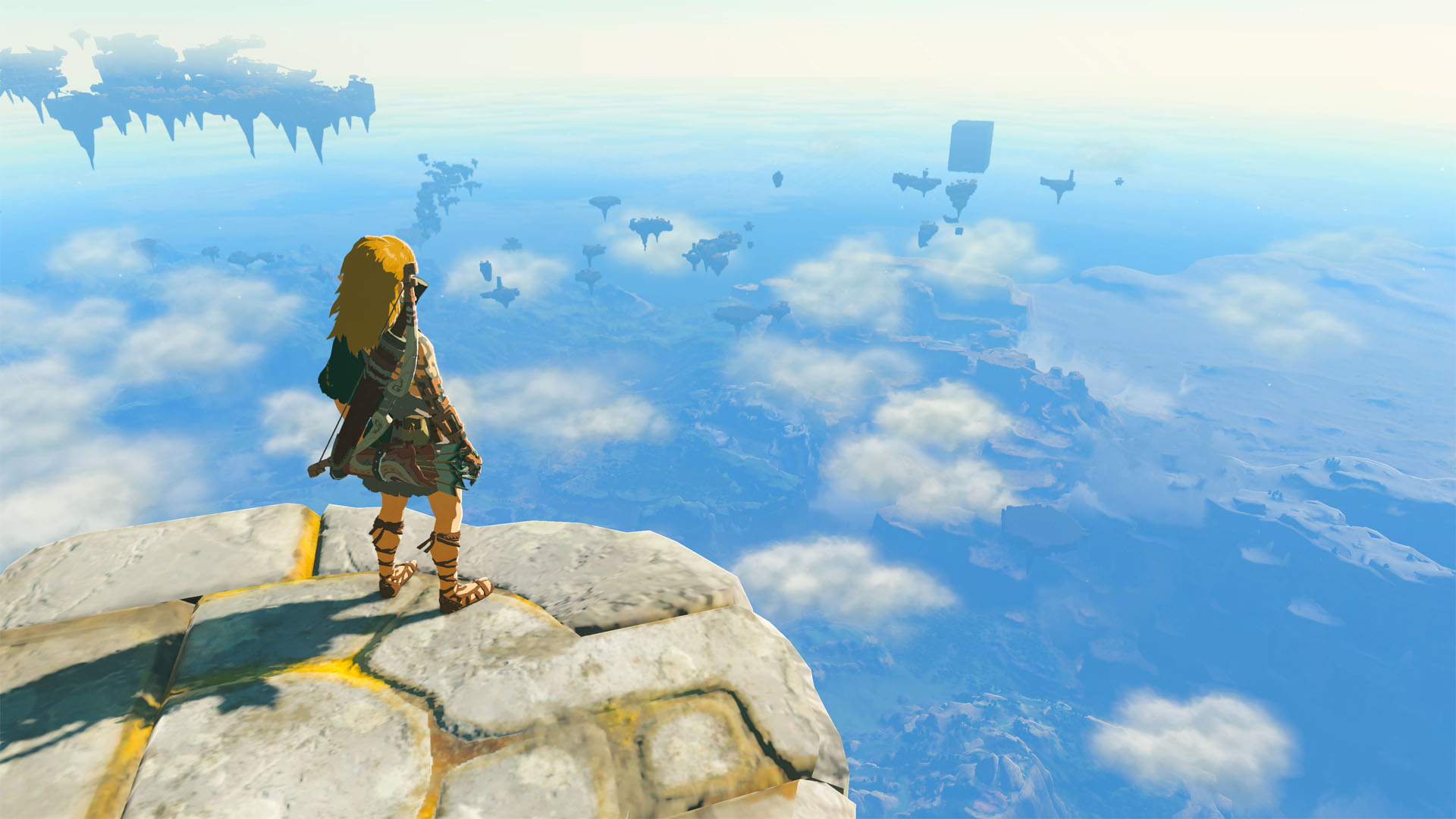
Another Nintendo Direct, another sneak peek at The Legend of Zelda: Tears of the Kingdom, the long-awaited sequel to Breath of the Wild which is finally (finally!) coming this May to Nintendo Switch consoles. But aside from a couple of teased enemies, and some kind of magic car, the main surprise for fans was an overtly villainous voiceover, which seems to be the voice of the arch-nemesis Ganon himself.
Well, that part’s up for debate – while it could be Calamity Ganon, the antagonist of the previous game, it could also be some other iteration of a Zelda villain, such as Demise (from Skyward Sword) or Vaati (from Minish Cap). We know Zelda refers to the antagonist as “him”, but otherwise the jury’s out on that one, especially given how lacking in identifying details his words are:
"Rise… Rise, my servants. Sweep over Hyrule, eliminate this kingdom and her allies. Leave no survivors!"
Regardless, some big bad has got a big bad voice to go with it, but I couldn’t help feeling disappointed at what I heard.
Quiet time
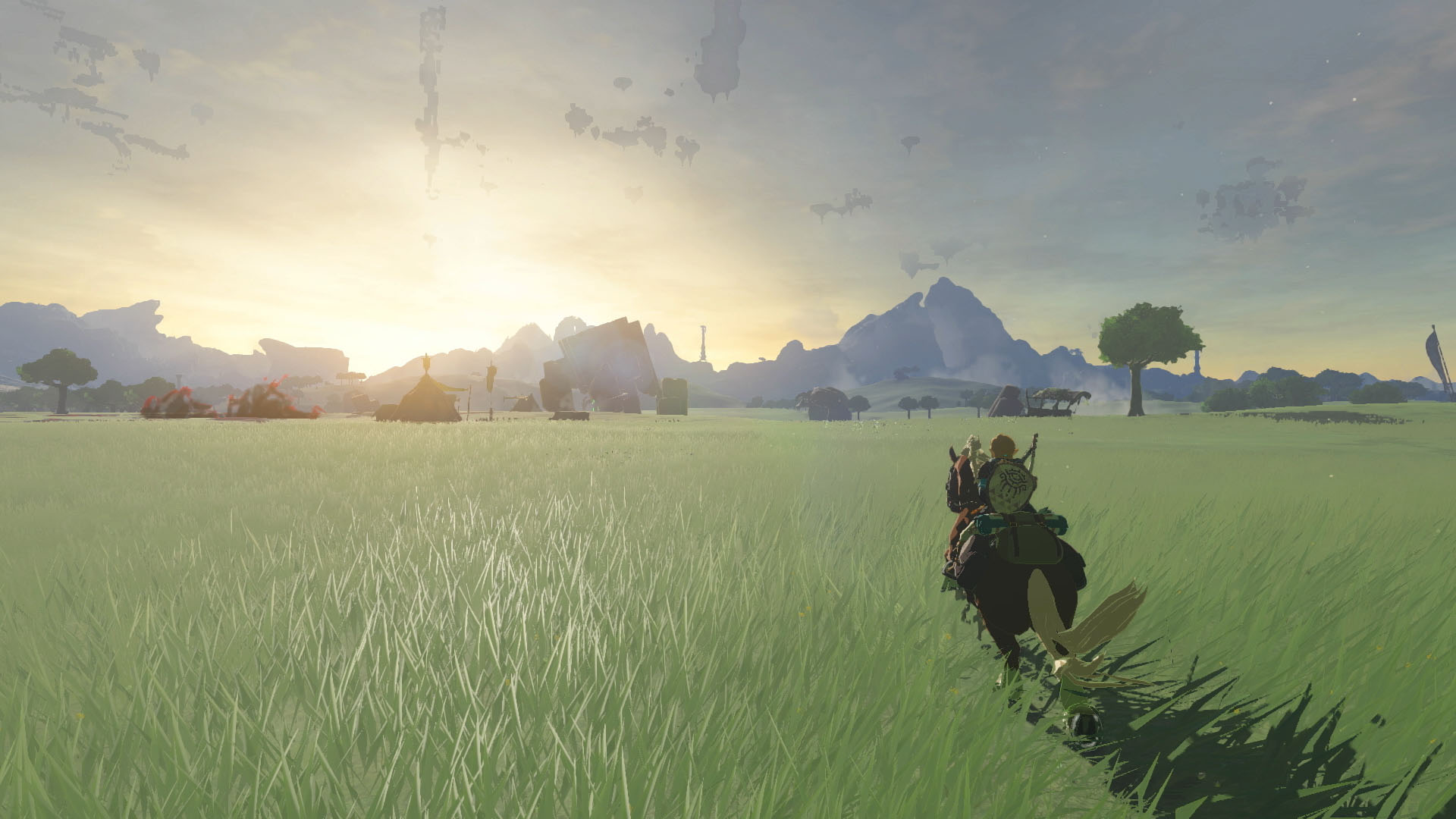
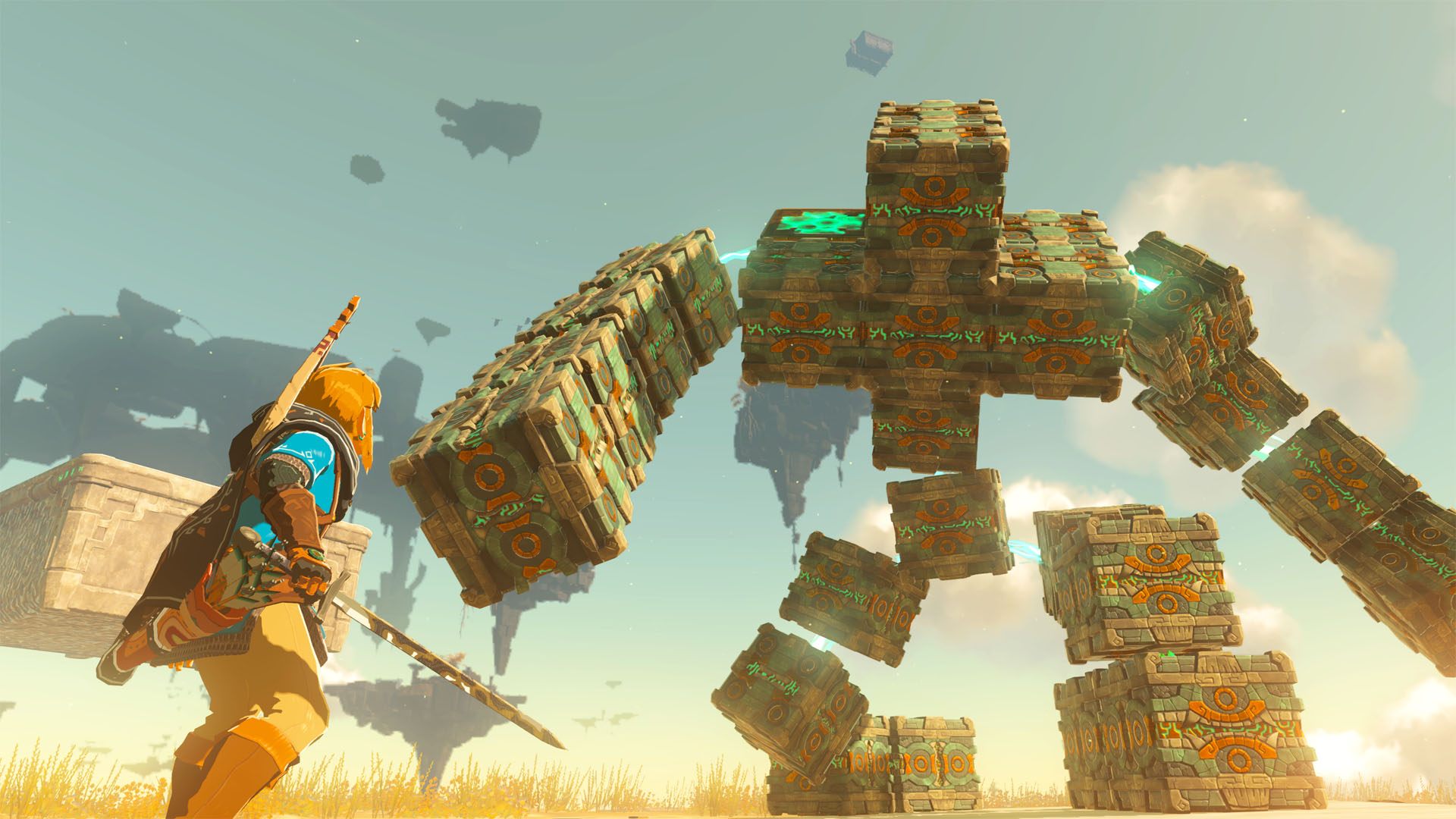
The Zelda games have a long and illustrious history of silent, or unvoiced characters. Link himself is persistently mute, so much so that it’s become an in-joke throughout the games from odd NPCs. In 2017’s Breath of the Wild, Zelda’s diary entry even makes it a key character trait: “With so much at stake, and so many eyes upon him, he feels it necessary to stay strong and to silently bear any burden. A feeling I know all too well…”
While Breath of the Wild had a little more in the way of voice acting – mainly Zelda, in a standout turn for the character – the series has long made do with on-screen text in place of painstakingly-recorded dialogue, and I’d argue it’s the better for it. In a world where countless RPGs feature nattering sidekicks, or protagonists muttering puzzle hints under their breath, Zelda is an AAA series that has largely bucked this trend.
Several games in recent memory mistake big-budget investments (e.g. high-caliber VO talent) with good gameplay. Forspoken’s cringe dialogue on PS5 has been widely mocked, while the tactical depth of Square Enix’s Triangle Strategy was overshadowed by reams of stilted speech – which can be muted in the settings, mercifully, but seems to have been largely wasted development time for how wooden the result turned out to be. Bethesda attempted to ramp up the quality of their games in Fallout 4 by featuring the series’ first fully-voiced protagonist, but it had the knock-on effect of doubling how long narrative encounters took, and took some creative agency away from players, who were now being told how they sounded in the world.
Weekly digests, tales from the communities you love, and more
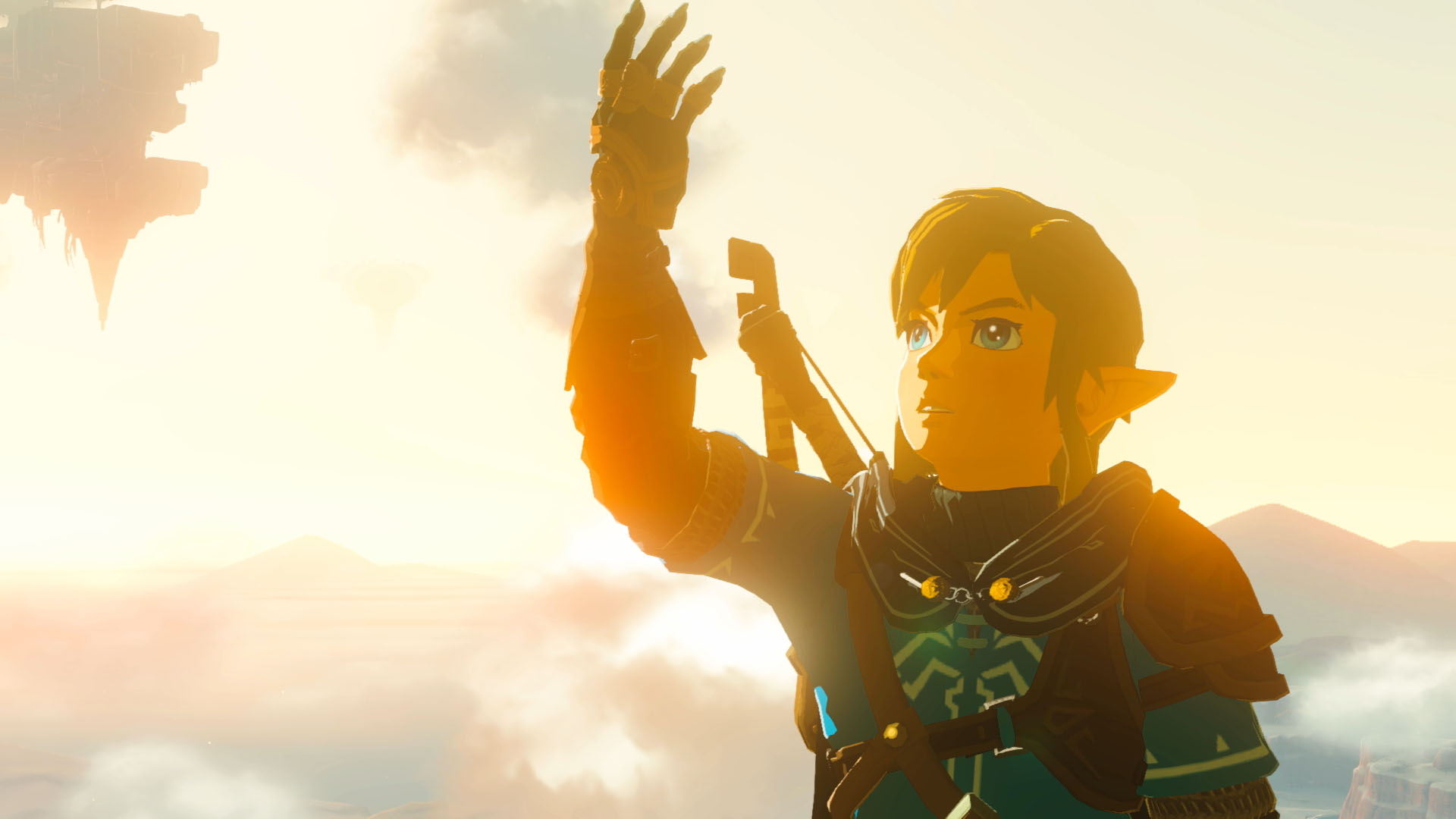
"When you sidestep the explanations and exposition of formal voice acting, sound design comes in a much bigger way – and I’d argue this feeds into the surreal, mystical elements of the Zelda games".
I’m a huge fan of Matthew Mercer, who may well be the one voicing the character in the trailer – it certainly sounds like him, and he’s voiced enough fantasy baddies to give Ganon, or some alternative villain, a good shot. (Mercer also played Ganondorf in 2009’s Smash Bros. fan film, There Will Be Brawl.) But I can’t help feeling that this standard villain monologue does Tears of the Kingdom a disservice. Almost 20 years after the release of Twilight Princess, I still remember the squawks and cries of Zant as you battle him in the Twilight realm, or the snorting of Ganon’s boar form in Hyrule Castle. And much of Wind Waker’s charm was its expressive exclamations – the hips, grunts, and yells of a small hero barreling around Hyrule’s cel-shaded islands.
When you sidestep the explanations and exposition of formal voice acting, sound design comes in a much bigger way – and I’d argue this feeds into the surreal, mystical elements of the Zelda games, where you face magics and monsters beyond rational comprehension. Ganon looms large over the series, as its primary antagonist, and reducing him to a guy in a recording booth feels a little small compared to his huge, mythological status – and overt declarations of power-hungry ambitions can sound doubly flat when voiced out loud. I imagine the voice acting is still limited to core characters – Zelda, Ganon, the like – so we’re not looking at months of development time being poured into recording branching dialogue trees throughout the game (though that $70 price tag could say otherwise).
I just hope that Tears of the Kingdom’s dev team hasn’t forgotten about how terrifying unseen monsters, or unheard villains can be – because it leaves a gap where our imagination has to come in. Either way, if we end up getting a playable Zelda, I think I can overlook it.
Love getting lost in virtual worlds? Check out the best RPG games for doing just that
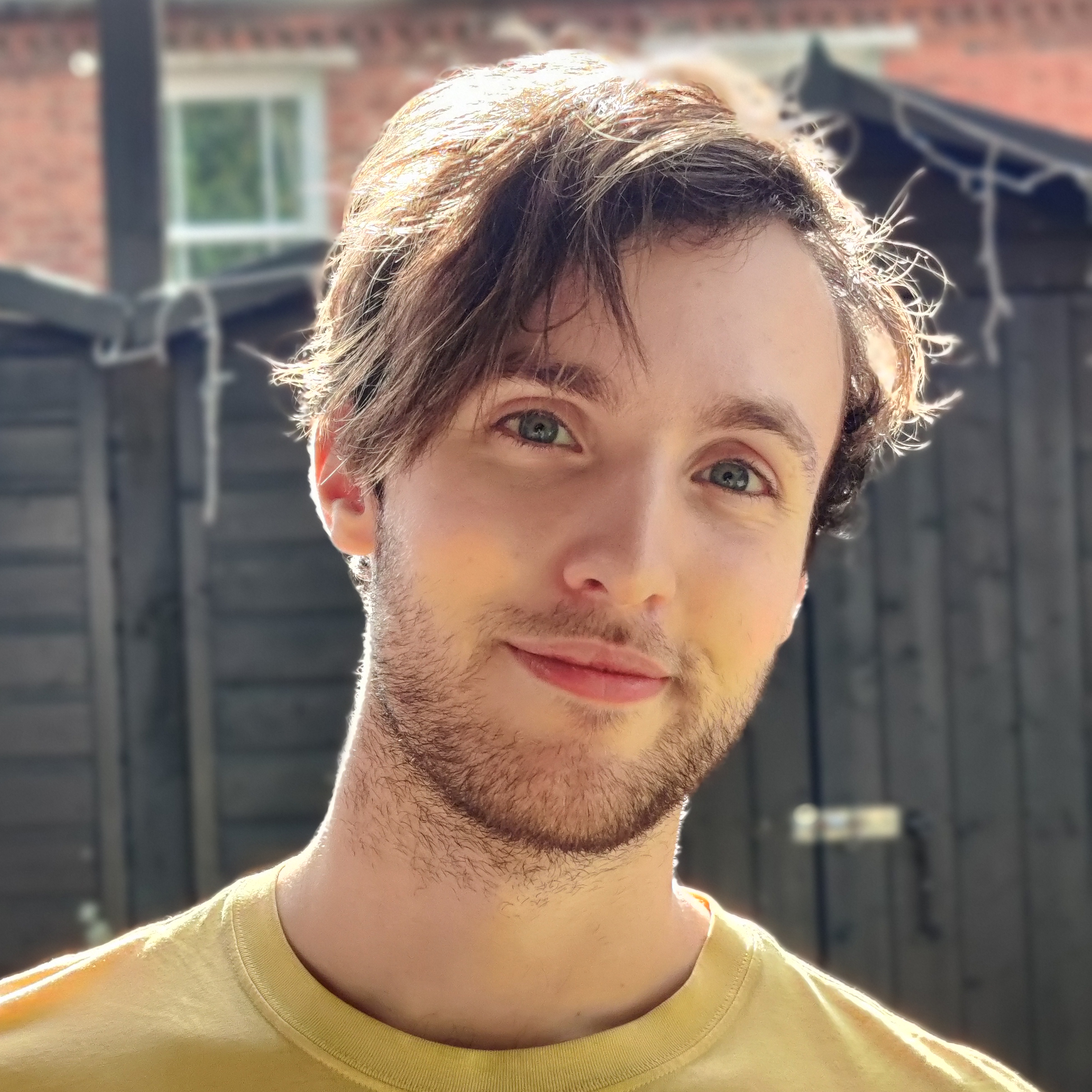
Henry St Leger is a freelance technology and entertainment reporter with bylines for The Times, GamesRadar, IGN, Edge, and Nintendo Life. He's a former staffer at our sister site TechRadar, where he worked as the News & Features Editor, and he writes regularly about streaming, games, D&D, and a host of home technologies including smart speakers and TVs. He lives in London with his Nintendo Switch (OLED) and spouse (not OLED).


